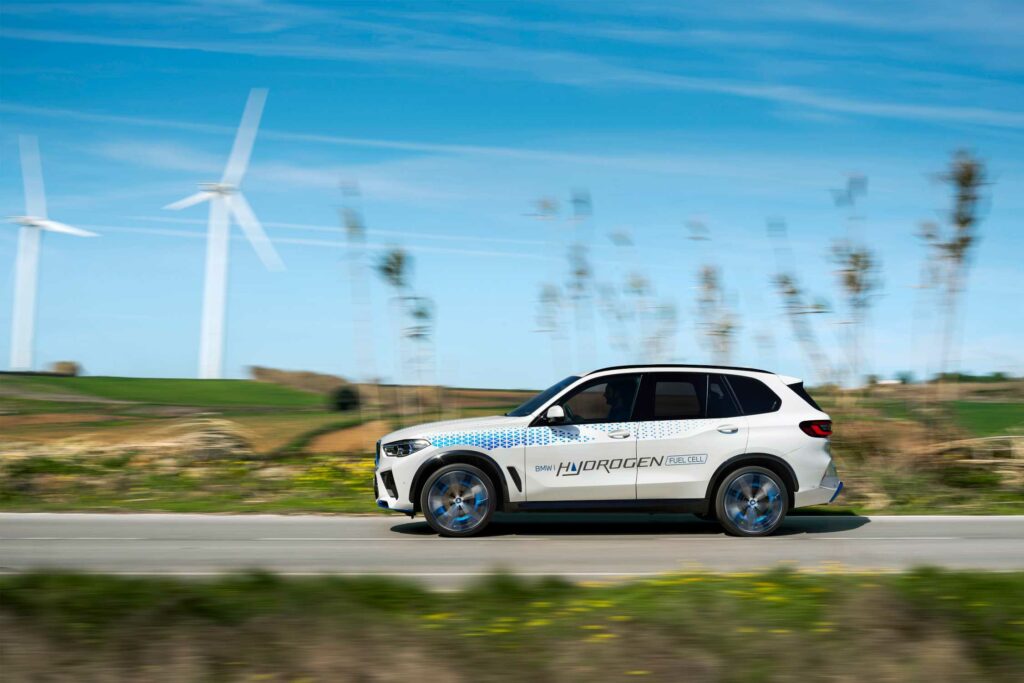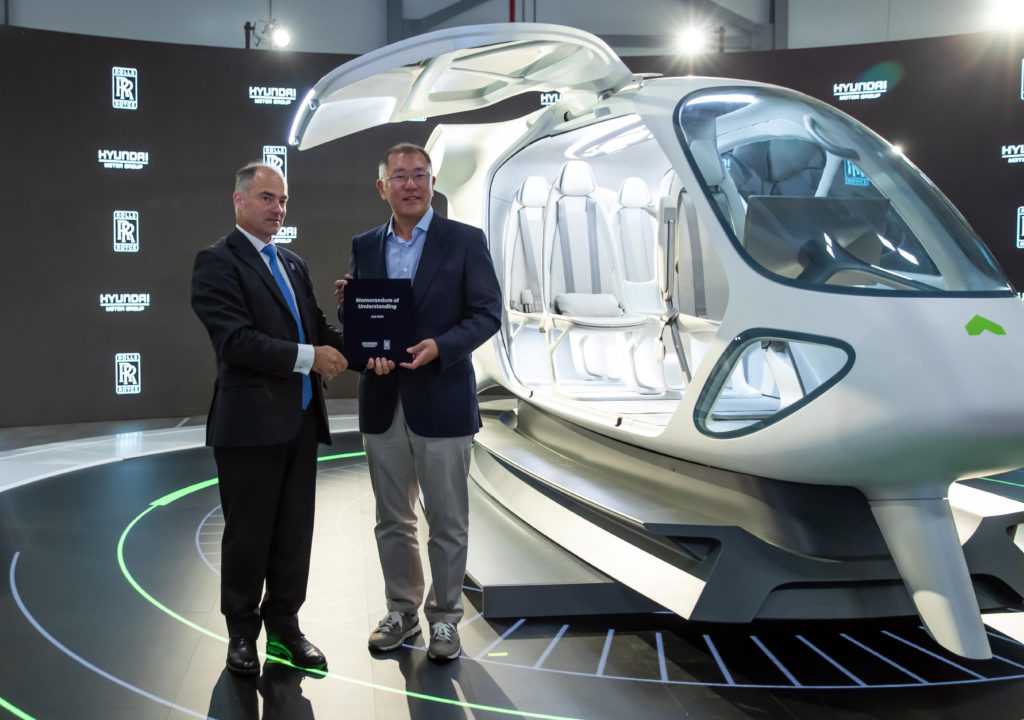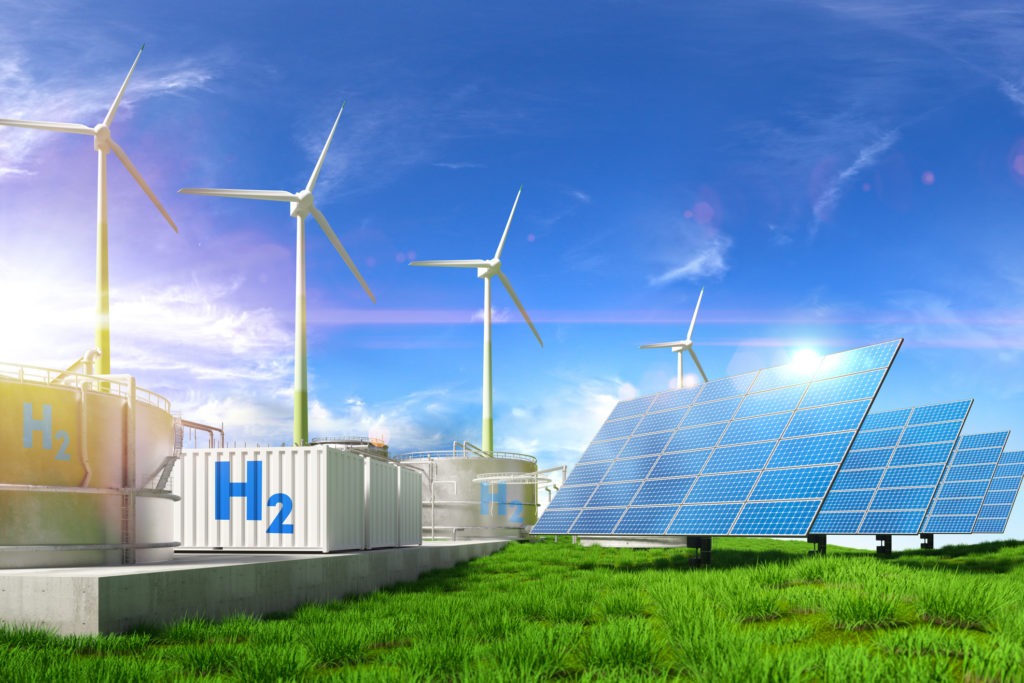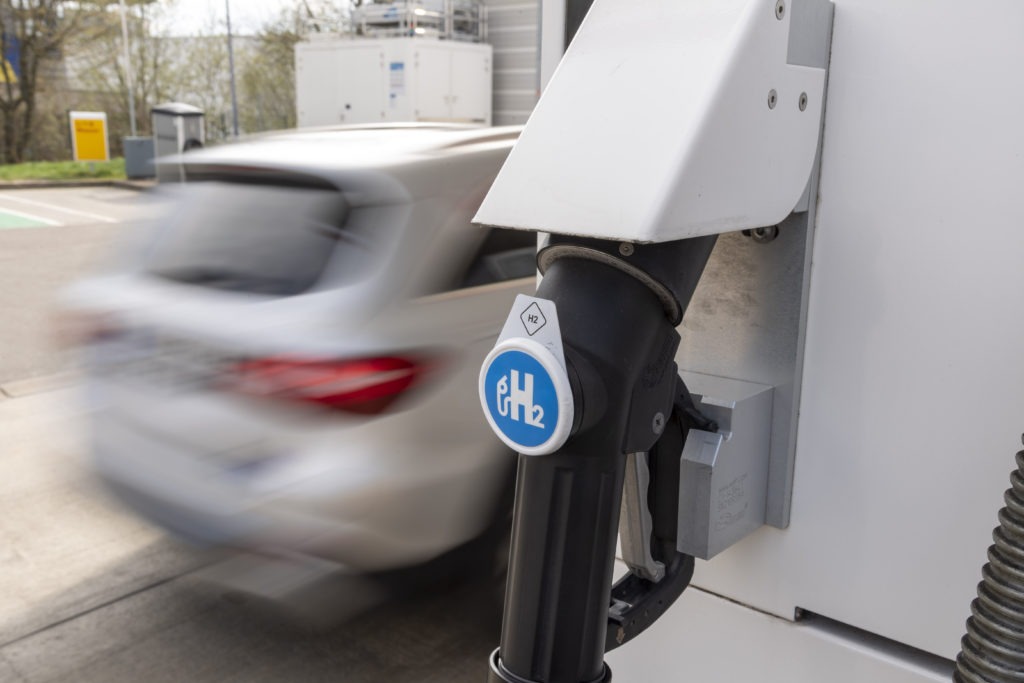Have researchers found the key to cleaner diesel power?
23 October 2022
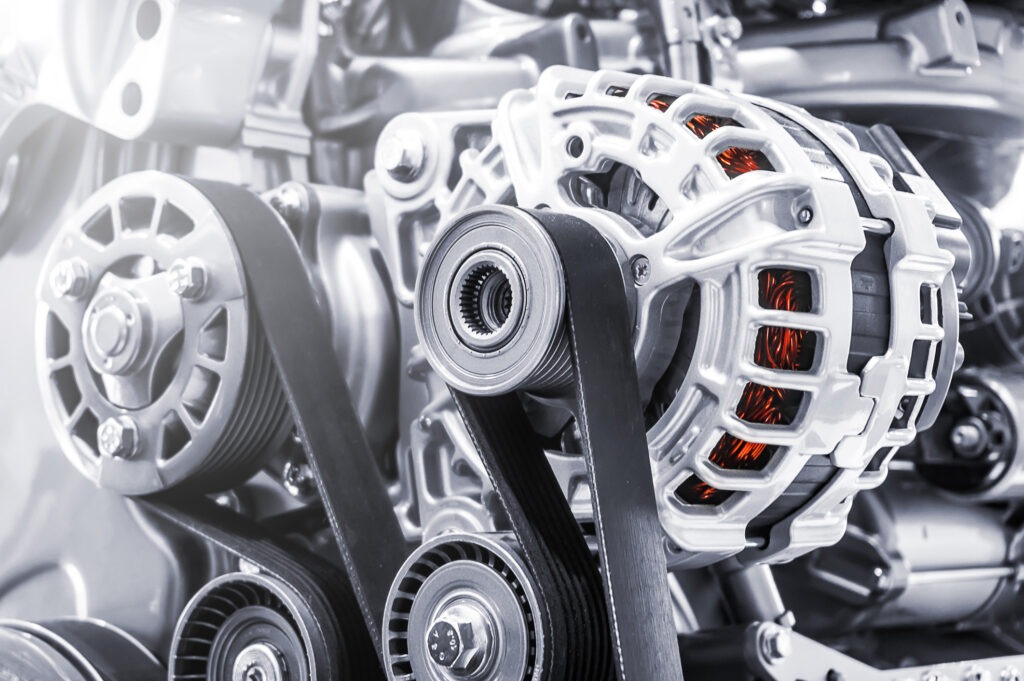
Electric-vehicle (EV) development is not the only source of green transformation within the automotive industry. Researchers are also considering how internal-combustion engines (ICEs) could be more sustainable.
A team of engineers based at Australia’s University of New South Wales (UNSW) have converted a diesel engine, with potential industrial applications, into a hydrogen-diesel hybrid engine – reducing CO2 emissions by more than 85%, and boosting efficiency in the process.
The direct injection dual-fuel system uses a mix of 90% hydrogen and 10% diesel. This means the original diesel injection into the engine can be maintained, with the hydrogen fuel injected directly into the cylinder.
Industrial benefit?
‘Any diesel engine used in trucks and power equipment in the transportation, agriculture and mining industries could ultimately be retrofitted to the new hybrid system in just a couple of months,’ the UNSW researchers claim.
Focusing on the near-future uses of this technology, the UNSW team highlighted its potential industrial applications, as opposed to deployment under the bonnet of a passenger car or van. This includes locations where a permanent hydrogen fuel supply is already in place. For example, mining sites could cut the emissions from industrial diesel engines used in vehicles and generators. The researchers hope to commercialise its new system within the next two years.
‘Being able to retrofit [industrial] diesel engines that are already out there is much quicker than waiting for the development of completely new fuel cell systems that might not be commercially available at a larger scale for at least a decade,’ said professor Shawn Kook from the UNSW school of mechanical and manufacturing engineering. ‘With the problem of carbon emissions and climate change, we need some more immediate solutions to deal with the issue of these many diesel engines currently in use.’
Cleaning up a dirty process
The retrofitted system does not require high-purity hydrogen and was found to be 26% more efficient than existing diesel engines. This technology could prove a vital industrial quick fix while brand-new hydrogen systems are developed over the long term.
A paper published in the International Journal of Hydrogen Energy revealed that the patented hydrogen injection system reduces CO2 emissions to just 90g/kWh, 85.9% below the amount produced by a standard diesel-powered engine.
‘This new technology significantly reduces CO2 emissions from existing diesel engines, so it could play a big part in making our carbon footprint much smaller, especially in Australia with all our mining, agriculture and other heavy industries where diesel engines are widely used,’ commented Kook. ‘We have shown that we can take those existing diesel engines and convert them into cleaner engines that burn hydrogen fuel.
